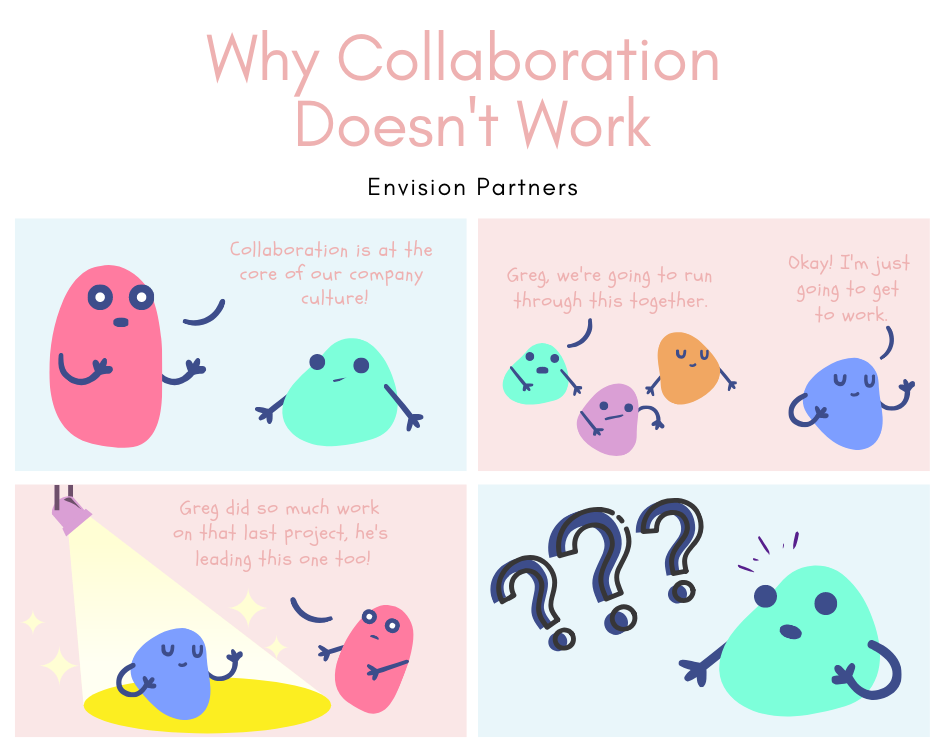Own or Lease
A recent survey by the American Management Academy indicates that one-fourth of all employees do not take “ownership” of their job. Much is written about how managers can help increase that number. I’d like to turn that statistic around and say that three-quarters of employees take ownership in their job—and write a little about too much ownership.
What is ownership? The idea of ownership of your job is ownership in a psychological sense, not in the sense of employee-owned. When an employee owns their role it is because they have a sense of belonging in that role. It fits them like a glove either because the role has evolved to fit their needs and style, or the employee has adapted to fit the role. They feel natural. In a similar sense of feeling natural, ownership is increased when the work done in that role feels aligned with a larger purpose of the team or of the organization. If a role doesn’t fit, we don’t really want to accept or admit that it is ours. Ownership comes after some time in a role, when there is sense of confidence, a sense of control. Collectively, this is autonomy. When an employee is free to decide what, how and when to do various tasks in their role (as it fits the larger purpose, of course) they have a sense of ownership.
The benefits of ownership are that employees will give more thought, take more care, be more motivated, take more initiative and take responsibility when they own their role. There is an internal sense that “I have to do this right”. These employees are proud of the work they do. Employees with ownership will take accountability for making sure the work gets done right, because they are also willing to accept the accountability when it doesn’t. We want that.
The downside of ownership however, is that it’s hard to give up something that gives all of these great feelings. Eventually, owners can become too independent from other team members, and personally too dependent on their role. If someone has too much ownership, this person is less willing to hear anyone else’s suggestions for modification of how they do their job. When it comes to organizational change, the “loss of ownership” is an often-heard reason for resistance, even if those words are not used. The words used are “I don’t know where I belong.” “I don’t know how my work fits in anymore.” “I don’t have any control.” It is often those who have been in a role for the longest time that have the most difficulty with the organizational disruption—or giving up their role. “I own this role—who are you to take it away?”
Striking a balance between the advantages and disadvantages of ownership is not simple. The best metaphor I can think of is that employees should see it as leasing the role. While the car lease is not the ideal metaphor, it guides the start of a conversation. In a lease, the role and its responsibilities in all senses belongs to the employee for the length of the contract, but there is a time limit to the contract. On the upside if they take good care of it, the employee can trade it in for a newer and better model.
Do those who lease feel less “ownership” than owners? Would you feel less responsible and accountable in your role if you knew you would have to give it up in 3, 5 or 10 years and do something else? Would this be healthier for organizations?











A 3-step process to help you and your employees create lasting behavioral change.